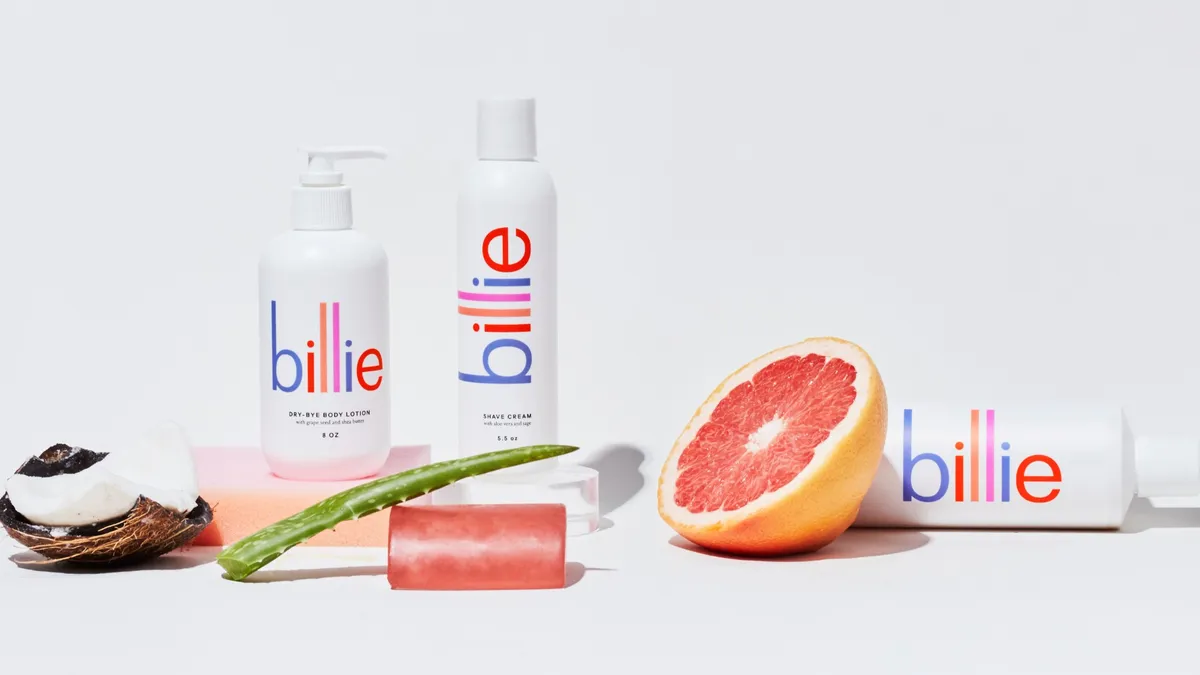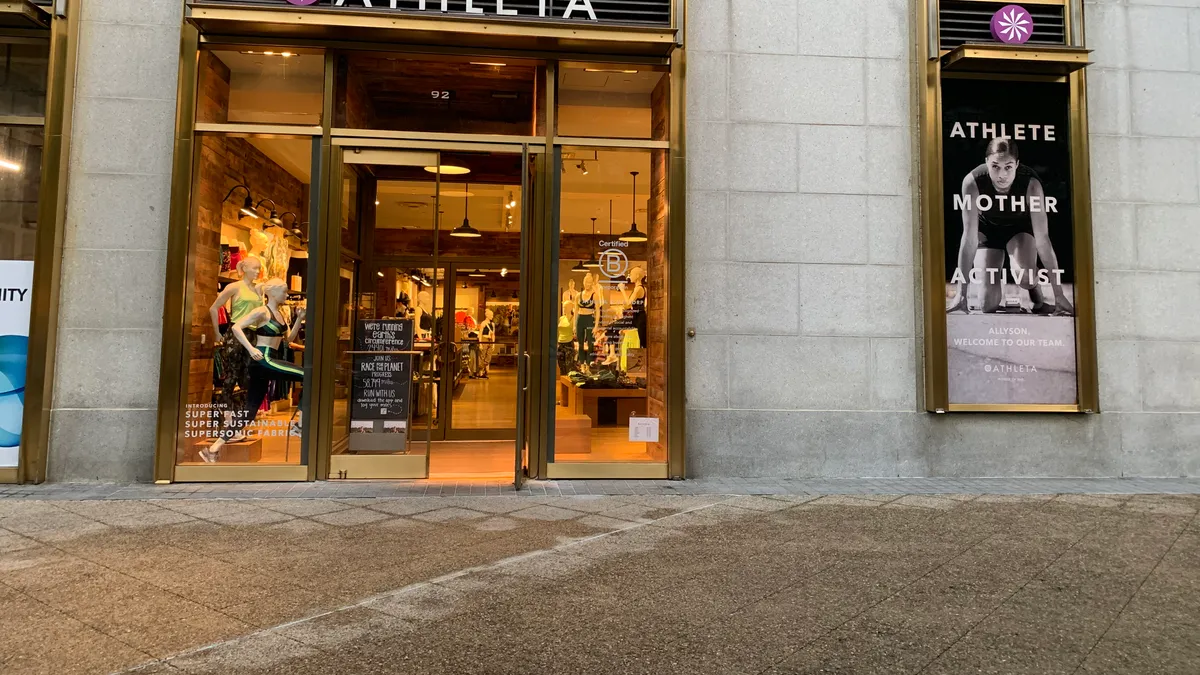Ad blockers are coming for the ad industry.
Adoption of ad blocking technology is accelerating, according to a number of studies, and is now growing fast on mobile devices, too. Consumers use ad blockers for a number of reasons: Poor user experience with digital ads is high on the list, along with the risk of ad fraud and malware-infected ads. Reports reveal that ad blocking software has already cost the industry many billions of dollars in lost ad revenues, and that number is only growing daily.
The issue impacts marketers, publishers and ad tech firms alike, and has turned into something of a war between the online ad industry and consumers. So far, the end users are winning the war, with little stopping them from adopting ad blockers and penetration of the technology growing.
"We see the growth of ad blocking is a clear message from consumers to advertisers and publishers that they are frustrated with ads and slow loading web pages," Jerrid Grimm, co-founder of Pressboard, previously told Marketing Dive. "Whether you look at Uber, Airbnb, TiVo (DVR’s), Netflix, or music streaming ... consumer demand always prevails over entrenchment of the establishment. Why would we expect ad blocking to be any different? If this becomes a technological arms race, we’re putting our bet on the consumer winning the war."
By this point, marketers, publishers and ad tech firms alike largely agree that ad block technology is an issue that needs addressing. Anyone in the industry who wasn’t so sure may have been convinced when the FCC released public comments on its recent broadband privacy proposal in late May 2016. There were more than 53,000 comments on the proposal, compared to 47 for a cross-device tracking workshop held previously.
Showing the general mood of the public toward the online advertising industry, Ad Exchanger highlighted a comment that represented the general attitude of the comments: “Rick from Arizona shared, ‘There's already too much theft of my personal information from internet advertising, etc. and it must be STOPPED.’”
But what can the industry do? Here is a look at how three major industry organizations are tackling the ad blocking issue.
1. Interactive Advertising Bureau
The IAB arguably is the industry organization closest to the ad blocking challenge, and it has also taken the most direct steps to address the challenge — even while it has sent the industry mixed messages from its leadership.
Last October, IAB executive Scott Cunningham confessed that the industry's ad blocking was its own fault.
"As a technologist, tasked with delivering content and services to users, we lost track of the user experience," he said in a statement. "We messed up. Looking back now, our scraping of dimes may have cost us dollars in consumer loyalty."
But in January at the IAB Annual Leadership Meeting, President Randall Rothenberg said in his keynote address that ad blocking was a war against freedom of expression and diversity. Rothenberg specifically calling out Adblock Plus, a leading provider of ad blocking software.
"They registered for this event online. When we found out, we cancelled the registration and reversed their credit card billing," he said. "Why? For the simple reason that they are stealing from publishers, subverting freedom of the press, operating a business model predicated on censorship of content, and ultimately forcing consumers to pay more money for less — and less diverse — information."
Even though the IAB has offered some mixed messages publicly, it also has offered a number of initiatives that directly address the issue. One is its L.E.A.N (Light, Encrypted, Ad choice supported and Non-invasive ads) ads program, created with an eye toward improving the user experience of online advertising.
More recently, it also put out its primer on ad blocking, the DEAL (Detect, Explain, Ask, and Lift or Limit) program, which outlines strategies publishers can use to connect with ad blocking users that are visiting their websites.
The IAB has also issued a statement that outlines its policies on ad blocking, describing the technology as an “existential threat” to the advertising industry. The IAB goes on to call ad blocking “robbery” and a “wake up call” for brands, saying that the industry must address the practice in order to keep online advertising a viable marketing option.
2. Direct Marketing Association
The DMA hasn’t been as vocal about ad blocking software as the IAB, but Neil O’Keefe, DMA’s SVP of CRM and member engagement, shared his thought on the topic with Marketing Dive recently.
“With the rise of ad blockers, customers sending a message and up until now the collective marketing community has not been doing a good job of listening,” said O’Keefe. “Several good companies and organizations, including DMA and its members, are researching ways to best allow ads and content to coexist without turning off the customer to the point where they would choose global blocking of ads.”
Consumers find so little value in ads that they are willing to block all ads, he said, revealing that something needs to improve on the ad side. The intrusiveness of online ads needs to be lessened, and the relevance and personalization of those ads needs to improve.
“Relevant marketing that provides value is beneficial to consumers," O'Keefe said. "It enables them to find solutions to their problems and financial savings.”
O'Keefe pointed out that advertising subsidizes a lot of otherwise-free content online.
“Ads fund the services that customers enjoy online," he said. "Without a sustainable advertising model, Web businesses will wither and go away, and with them the competitiveness that drives innovation and affordability. In the end, ad blocking will do more harm to customers than good.”
3. Trustworthy Accountability Group
The Trustworthy Accountability Group (TAG) was formed last year as a group of ad industry trade organizations to offer solutions that address the root of the problem: why consumers want to block online ads in the first place.
In October, the orgazniation introduced its “Verified by TAG” system that includes a payment ID program in which TAG vetted advertisers and publishers and placed them on a white list in an effort to combat ad fraud. The digital ad industry companies and agencies behind the program include Google, AOL, Omnicom, AppNexus, Index Exchange, WPP, Publicis and Interpublic.
In May 2016, TAG launched another initiative designed to fight ad fraud, “Certified Against Fraud.”
"The 'Certified Against Fraud' program is a huge step for our industry, which, up until this point, has lacked a centralized standard about how to combat the issue -- leaving grey area for bad actors to profit from, and for opportunistic companies receiving secondhand benefits to hide behind,” Ted Dhanik, CEO of engage:BDR, told Marketing Dive about the program. “Moving forward, companies who are serious about quality and transparency will be united and held strictly accountable, a move that will lead to a sharp increase in value for brands and agencies, as well as a better ecosystem for high-quality publishers to monetize their content as deserved.”


















